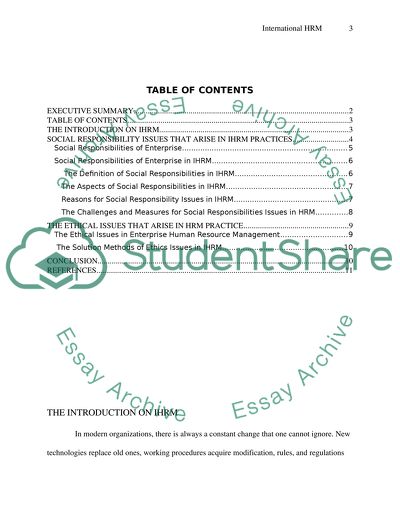Cite this document
(“International Human Resource Management Essay Example | Topics and Well Written Essays - 1750 words”, n.d.)
Retrieved from https://studentshare.org/human-resources/1393502-international-human-resource-management
Retrieved from https://studentshare.org/human-resources/1393502-international-human-resource-management
(International Human Resource Management Essay Example | Topics and Well Written Essays - 1750 Words)
https://studentshare.org/human-resources/1393502-international-human-resource-management.
https://studentshare.org/human-resources/1393502-international-human-resource-management.
“International Human Resource Management Essay Example | Topics and Well Written Essays - 1750 Words”, n.d. https://studentshare.org/human-resources/1393502-international-human-resource-management.


